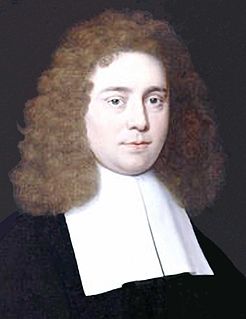This page is based on this
Wikipedia article Text is available under the
CC BY-SA 4.0 license; additional terms may apply.
Images, videos and audio are available under their respective licenses.
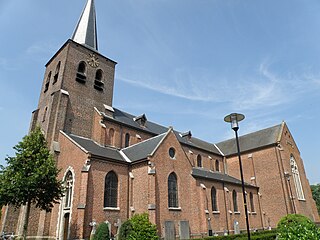
Vosselaar is a municipality located in the Belgian province of Antwerp. The municipality only comprises the town of Vosselaar proper. On January 1, 2006, Vosselaar had a total population of 10,142. The total area is 11.85 km² which gives a population density of 856 inhabitants per km².
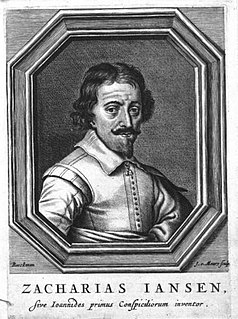
Zacharias Janssen was a Dutch spectacle-maker from Middelburg associated with the invention of the first optical telescope. Janssen is sometimes also credited for inventing the first truly compound microscope. However, the origin of the microscope, just like the origin of the telescope, is a matter of debate.
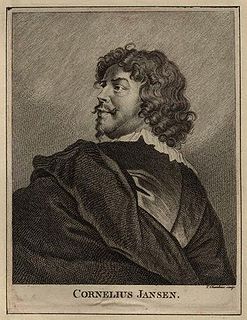
Cornelius Johnson or Cornelis Janssens van Ceulen was an English painter of portraits of Dutch or Flemish parentage. He was active in England, from at least 1618 to 1643, when he moved to Middelburg in the Netherlands to escape the English Civil War. Between 1646 and 1652 he lived in Amsterdam, before settling in Utrecht, where he died.
Cornelius Johnson may refer to:
Janssens is a Dutch surname equivalent to Johnson. It is the second most common surname in Belgium, while in the Netherlands the forms Jansen and Janssen are more common. People with this surname include:
Events from the year 1661 in art.
Events from the year 1658 in art.
The year 1593 in art involved some significant events and new works.
Cornelis is a Dutch form of the male given name Cornelius. Some common shortened versions of Cornelis in Dutch are Cees, Cor, Corné, Corneel, Crelis, Kees, Neel and Nelis.

The Dutch Church, Austin Friars, is a reformed church in the Broad Street Ward, in the City of London. Located on the site of the 13th-century Augustinian friary, the original building granted to Protestant refugees for their church services in 1550 was destroyed during the London Blitz.

Adriaen Hanneman was a Dutch Golden Age painter best known for his portraits of the exiled British royal court. His style was strongly influenced by his contemporary, Anthony van Dyck.
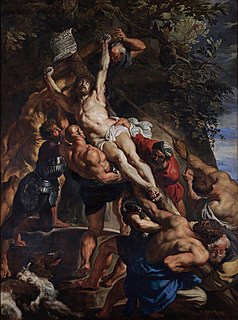
Flemish Baroque painting refers to the art produced in the Southern Netherlands during Spanish control in the 16th and 17th centuries. The period roughly begins when the Dutch Republic was split from the Habsburg Spain regions to the south with the Spanish recapturing of Antwerp in 1585 and goes until about 1700, when Habsburg authority ended with the death of King Charles II. Antwerp, home to the prominent artists Peter Paul Rubens, Anthony van Dyck, and Jacob Jordaens, was the artistic nexus, while other notable cities include Brussels and Ghent.

Cornelis Schut was a Flemish painter, draughtsman, engraver and tapestry designer who specialized in religious and mythological scenes. Presumed to have trained under Rubens, he treated Counter-Reformation subjects in a High-Baroque style. After a stay in Italy, he worked mainly in Antwerp where he was one of the leading history painters in the first half of the 17th century.

Jan Hermansz van Bijlert was a Dutch painter whose style was influenced initially by Caravaggio.

Het Gulden Cabinet vande Edel Vry Schilder-Const or The Golden Cabinet of the Noble Liberal Art of Painting is a book by the 17th-century Flemish notary and rederijker Cornelis de Bie published in Antwerp. Written in the Dutch language, it contains artist biographies and panegyrics with engraved portraits of 16th- and 17th-century artists, predominantly from the Southern Netherlands. The work is a very important source of information on the artists it describes. It formed the principal source of information for later art historians such as Arnold Houbraken and Jacob Campo Weyerman. It was published in 1662, although the work also mentions 1661 as date of publication.

Hendrick van der Burgh, was a Dutch Golden Age genre painter.

Hendrick ten Oever, was a Dutch Golden Age painter.

Jasper Schade (1623–1692), was a Dutch representative to the States-General who is best known today for his portrait by Frans Hals.


